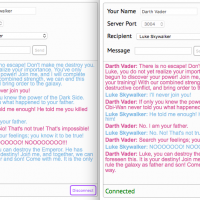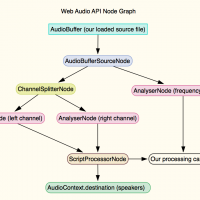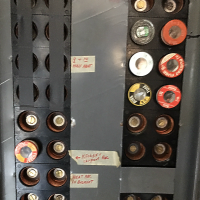
Building a React-based Chat Client with Redux
Let’s build a non-trivial app with React and then refactor it to use Redux! Much of the advice you get regarding the addition of Redux to your React projects is to only do so once they reach a certain size, because of the extra complexity Redux adds. That’s certainly fair. But it will leave Read More …




